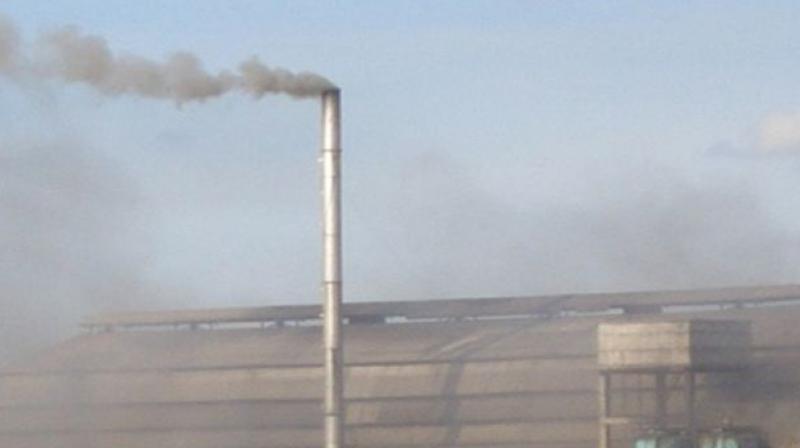Set up effluent treatment plants by May: APSPCB
Industries, civic bodies told to follow rules.

Rajahmundry: In order to protect the water bodies from getting polluted all the industries, municipal bodies and local bodies have been asked to set up functional primary effluent treatment plants or sewage treatment plants by May in the state. Recently, the Supreme Court has issued directions stating that the state pollution control board has to issue ‘consent to operate’ to an industry provided it has established a effluent treatment plant and after inspection that the ETP complies with the norms, the PCB will issue a ‘no objection certificate’ and the industry can go ahead with its operation.
In case of existing industrial units, the PCB is communicating to them to obtain ‘consent to operate’ from it and such status will be given only when the industry sets up a fully operational ETP. In the event of the industry failing to set up a functional ETP within given time, it will not be permitted to operate. In case of industrial areas and industrial clusters, common effluent treatment plants are to be set up.
The Centre will contribute 50% of finance while 25% will be from state government and the remaining 25% will have to be obtained from banks in the form of loan. As it takes time to arrange finance and acquire land, the common effluent treatment plant is supposed to be set up in three years. The state government is asked to acquire additional land to set up ‘zero liquid discharge plants’ in future.
Municipal bodies are also asked to set up common ETPs and they can mobilise funds from industrial, commercial and domestic beneficiaries. Municipal bodies and local bodies are asked to set up sewage treatment plants to avoid discharge of sewage into the water bodies. Secretary to the department of environment is authorised to implement the setting up of ETPs, common ETPs and STPs and ensure their functioning by issuing directions to the PCB.
The secretary is supposed to collect and maintain records of data about ETPs and furnish to Central Ground Water Authority which in turn evaluate such data and furnish to the concerned bench of National Green Tribunal. PCBs are also empowered to initiate criminal proceedings against the defaulters of the norms. East Godavari Pollution Control Board environmental engineer D. Ravindra Babu said, “We have started communicating to the industries, municipal bodies and local bodies to comply with the norms by setting up functional ETPs or common ETPs or STPs to avoid discharge of pollutants into water bodies.”

